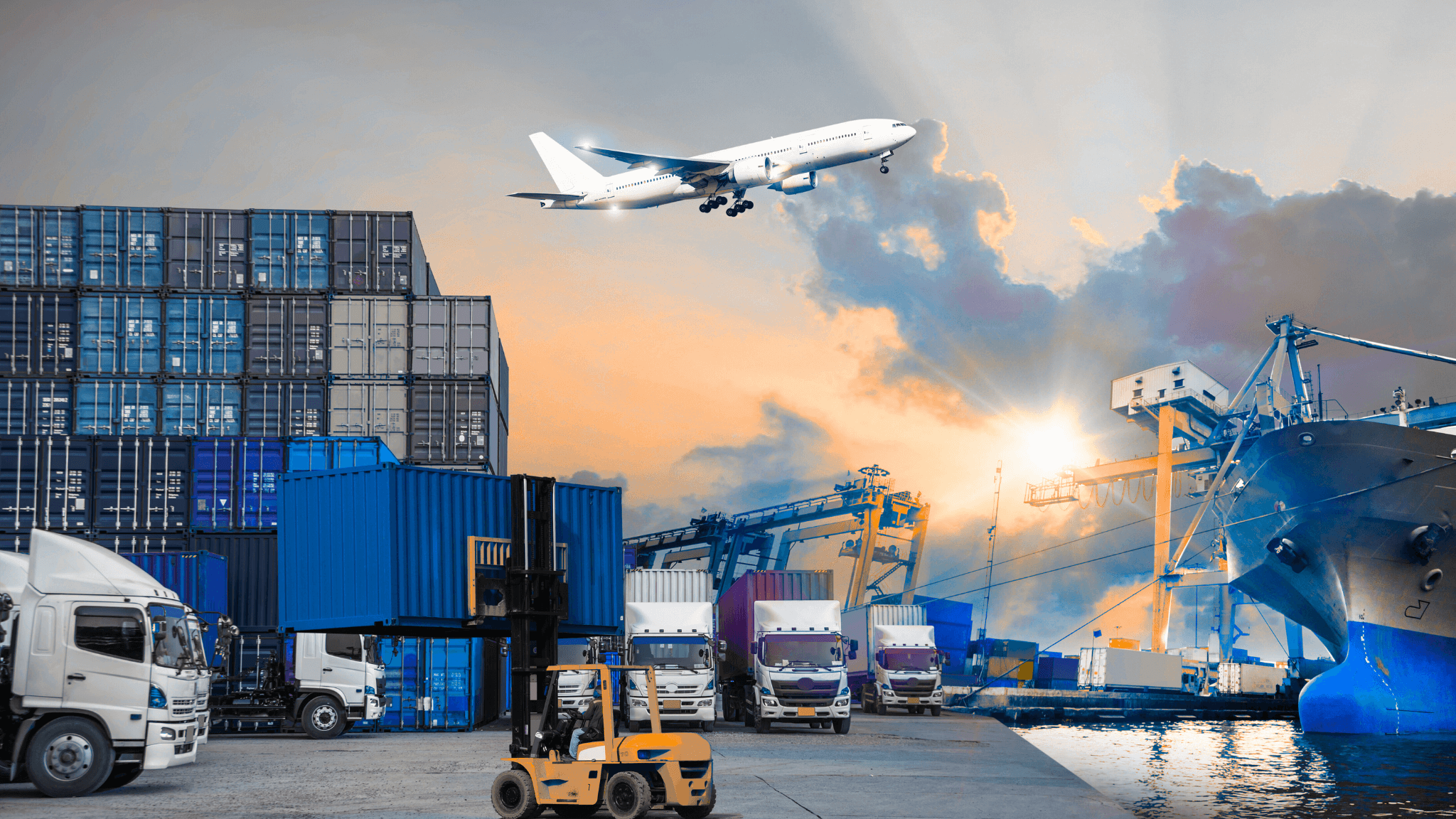4 Supply Chain Trends Transforming FMCG in 2025 (and How Businesses Can Adapt)
Related Posts

The FMCG supply chain is one of the fastest-moving and most competitive sectors in the world. In 2025, consumer expectations are higher than ever, while companies face stricter regulations, rising operational costs, and growing sustainability demands. Businesses that fail to adapt risk falling behind in an industry where speed, visibility, and efficiency are non-negotiable.
To stay ahead, companies need to embrace the latest supply chain trends 2025—leveraging technology, innovation, and smarter logistics strategies. Here are four key trends transforming FMCG this year, and how businesses in the Philippines and beyond can adapt with the right fleet and logistics solutions.
Trend 1: Data-Driven Decision Making & Location Intelligence
The data-driven FMCG supply chain is no longer optional—it’s essential. Leading FMCG companies are using advanced analytics, demand forecasting, and route optimization to cut costs and serve customers better. Location intelligence tools like GPS technology provide insights into delivery patterns, fleet efficiency, and expansion opportunities.
According to Clarkston Consulting, consumer products companies in 2025 are doubling down on predictive analytics and scenario planning to better prepare for uncertainty. Similarly, INVERTO highlights supplier diversification and agile forecasting as critical strategies for FMCG players.
At WTI, platforms like TACTIC and NAVX empower companies to monitor vehicle activity in real time, optimize delivery routes, and enhance operational efficiency, powered by report generation and data analytics. For transport operators, solutions such as an LTFRB GPS tracker ensure compliance while enabling businesses to monitor fleet performance seamlessly.
By investing in logistics technology powered by real-time data, FMCG businesses can anticipate demand shifts, minimize downtime, and build more resilient networks.
Trend 2: Green Logistics & Sustainability Pressure
Sustainability is at the heart of the sustainable supply chain FMCG movement. Customers want eco-friendly brands, and regulators are enforcing stricter standards around carbon emissions and resource efficiency.
Comrise’s global FMCG outlook points to carbon neutrality and eco-packaging as key industry priorities in 2025. Companies are also under pressure to integrate smarter, greener fleets.
At WTI, our TrackMe Suite helps businesses monitor fuel usage, reduce idle time, and measure carbon footprint—paving the way for greener operations. In the Philippines, where logistics costs remain high, sustainability isn’t just about compliance—it’s also about efficiency. Businesses that embrace green fleet and logistics solutions can cut costs, strengthen their brand reputation, and stay competitive.
Trend 3: AI & Automation in Supply Chains
The rise of AI in FMCG supply chain operations is reshaping how products move from factory to shelf. Predictive analytics and automated warehouses help companies respond quickly to fluctuating consumer demand, while AI-driven planning reduces the risks of overstocking or stockouts.
Research from Gartner shows that supply chains in 2025 are increasingly adopting agentic AI, decision intelligence, and autonomous data collection—technologies that give leaders real-time decision-making power.
At WTI, we’re taking AI in supply chain a step further. Beyond tools for fleet operators, we are introducing our upcoming AI assistant designed for both operational teams and business leaders. With our AI assistant, decision makers can simply ask a question—whether it’s about delivery performance, fuel costs, or overall supply chain efficiency—and receive a clear, actionable summary at their fingertips.
By combining logistics technology, AI-driven insights, and data analytics, FMCG companies gain the ability to optimize inventory, forecast seasonal spikes, and ensure precise deliveries. For business leaders, this means sharper decision-making and greater confidence in long-term strategies. For operations teams, it means fewer errors, higher productivity, and improved customer satisfaction.
Check out our story on Innovative Heights: Celebrating WTI’s 2nd Place Award for Route Optimization AI Project
Trend 4: End-to-End Visibility for Compliance & Resilience
Today’s FMCG leaders understand that end-to-end supply chain visibility is not optional—it’s a requirement. From regulatory compliance to customer trust, real-time monitoring ensures that every step of the journey is transparent and reliable.
KPMG notes that visibility, risk management, and ESG sustainability tracking are top priorities for global supply chains in 2025. Similarly, SupplyChainDive emphasizes that network diversification and monitoring are essential to protect against disruptions.
With tools like GPS provider platforms, businesses can track deliveries, monitor vehicle performance, and respond immediately to unexpected issues like traffic delays, stock shortages, or safety risks. WTI’s 25 years of expertise makes it a trusted partner for organizations that need visibility and resilience in their FMCG supply chain.
Whether it’s ensuring ELD compliance for transport operators or meeting regulatory requirements with an LTFRB GPS tracker, visibility builds confidence—for regulators, partners, and customers alike.
Future-Proofing the FMCG Supply Chain
The supply chain trends 2025—data-driven decision making, sustainability, AI, and visibility—are redefining how FMCG companies operate. Businesses that adapt quickly will thrive, while those that don’t risk inefficiency, higher costs, and dissatisfied customers.
At WTI, we deliver integrated fleet and logistics solutions, combining GPS tracker technology, compliance-ready systems, and advanced analytics to empower FMCG businesses. With tools like TrackMe Suite, NAVX, TACTIC, and our upcoming AI assistant, companies can monitor vehicle activity, optimize logistics, and make smarter decisions from the ground to the boardroom.
👉 Contact us today to learn more about how WTI can help future-proof your FMCG supply chain.

